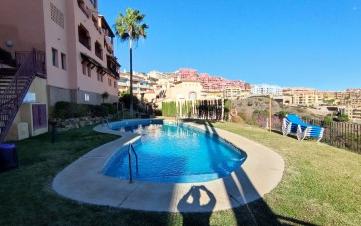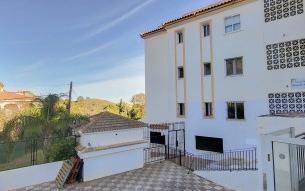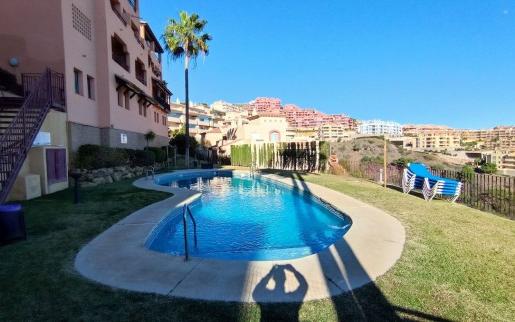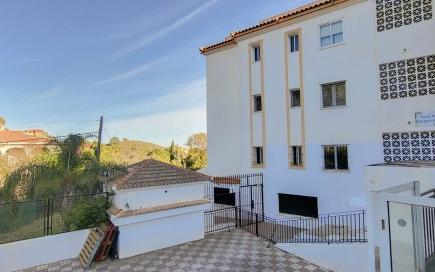
Building works and property expansions are a regular sight in Spain: The country is continuing to experience massive urbanisation. Coupled with a national housing shortage, it should come as no surprise that you will see at least one building site in every neighbourhood.
But what if you’re living next door to that building site, and the noise is just too much to handle? Here’s everything you need to know about your rights to complain about noisy construction work if you’re living in Spain:
Understanding Your Rights
If you’re concerned about the level of noise being generated from a nearby construction site, and it is affecting the quality of your day to day life (by impacting on your ability to sleep, for example, or to work from home) then it’s important to understand your rights. There are set legal noise limits for both urban and rural areas, and exceeding these noise limits, and disturbing your right to have a peaceful home life, are both considered offences. They are deemed a violation of the right to personal and family privacy under the Spanish Constitution.
When researching noise laws in your area, you should look first to the National Noise Law that was created in 2003, and then dig deeper into specific regional regulations that might apply to your village, town, or city. Sadly, citing the correct noise disturbance law that is being breached isn’t always straightforward, because the National Noise Law legislation doesn’t lay out specific guidance regarding noise disturbances at home, and the noise that comes from construction sites is generally considered to be out of the reach of state law.
As with so many things, the rules regarding construction noise and noise complaints vary from region to region across Spain. Each minicipality will set their own environmental bylaws that determine permitted noise levels, and each town hall also regulates permitted construction hours in the area. The search term “ordenanza ruidos obras” followed by the name of your town, village or city is a great place to start to further your local legislation research.
If you’re peace is being disturbed late at night then this may be easier to deal with because, according to the Spanish Citizens Advice Bureau, construction works cannot be carried out between the hours of 9pm and 8am on weekdays and 9pm until 9.30am during weekend or holidays. And if you live in an apartment building then your neighbours should inform you of any construction work they are undergoing by placing a notice in the entrance hall: whilst this can’t minimise the noise, it can allow you to prepare by being out for the day, or investing in some noise-cancelling headphones.
What to Do if The Builders Are Breaking the Law
If construction noise is driving you crazy, and you are confident that the builders in question are breaching local noise laws and regulations then there are some things that you can do. The following steps, in order of escalation, should help you to get the peace and quiet you need:
Talk to your neighbours: Your noisy neighbours may not realise how loud their building work is, or that it is bothering you so much. Politely asking them to stick to the council’s working hours, or asking if they could schedule some time to ‘down tools’ when you are taking important work calls or when your children are napping, etc, could well be an ideal compromise.
Talk to your community of owners: If the neighbour doesn’t respond to your polite request, then the president of your building, or your owner's community, may be able to offer support. By banding together with other owners in your building or neighbourhood, you will have a stronger case to ask the builders to stick to the times set out by law.
Make a formal complaint in writing: Having a paper trail is essential if the situation continues to escalate and you have to go to the authorities. A written formal complaint outlining which noise guidelines are being breached will put you in a stronger position if you need to go to the police.
Visiting the police station to place a ‘denuncia’: A denuncia is a formal complaint, and you can register this by visiting your local police station. You will need to take your passport and TIE certificate with you, along with as much evidence as possible: time-stamped recordings of the noise, any written complaints, as well as statements from neighbours will all be beneficial.
Are you in the process of moving to Spain or looking to make the right move to Spain for you? If you’re looking for estate agents in Southern Spain then why not get in touch ? Our locally based property experts are a font of local knowledge, and are perfectly placed to help you find the home of your dreams.

 English
English Español
Español Deutsch
Deutsch Français
Français Svenska
Svenska Nederlands
Nederlands Italiano
Italiano Norsk
Norsk Русский
Русский



































